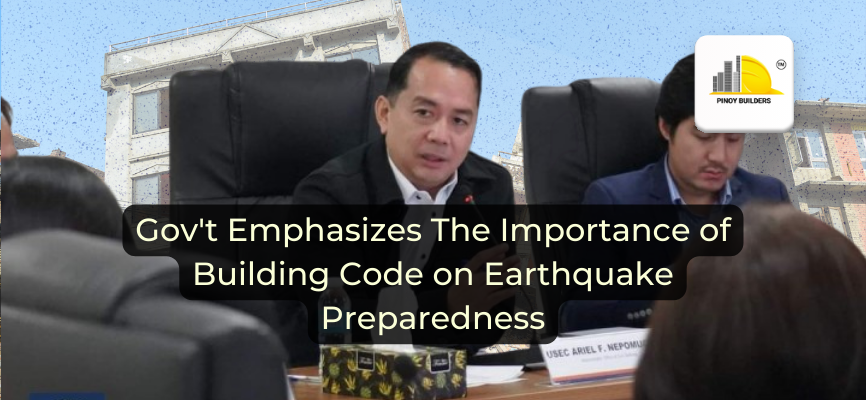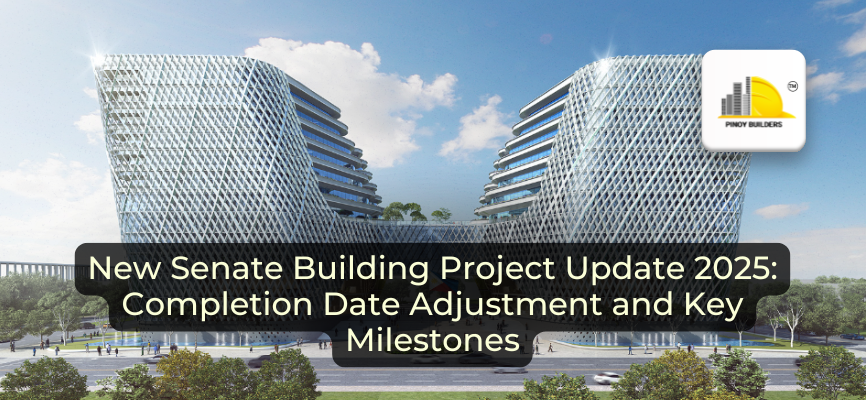Office of the Civil Defense (OCD) administrator Undersecretary Ariel Nepomuceno reiterated the importance of improved engineering solutions and compliance with the National Building Code, or Republic Act 6541, to improve the earthquake preparedness of the country.
“I will say it again. Engineering solutions and compliance with the building code are the best preparedness measures for earthquakes,” Nepomuceno said in a statement released over the weekend. “We really need to improve our efforts for these alongside other measures.”
The statement came as an abrupt reminder to local contractors in the country due to the major 7.2 earthquake experienced by Taiwan on April 3. While it led to the tragic loss of 9 people, the incident did not result in the expected building damage typical of a 7.2 earthquake, nor did it cause an overwhelming number of casualties in the country. Many revere the engineering and the building code of Taiwan in reducing the number of casualties who died in the recent natural disaster.

According to Nepomuceno, Taiwan’s improvement in its disaster preparedness has been notable over the years.
“While we are seeing reports of the impacts of the said earthquake, undeniably, Taiwan’s preparedness improved a lot through the years. So much importance was put on interventions for earthquake-resistant buildings,” Nepomuceno added.
Taiwan’s recent earthquake was the strongest to hit the island in 25 years. It injured more than 900 people on the island.
The Importance of National Building Code Compliance on Earthquake Preparedness
The National Building Code of the Philippines, enacted by Congress in 1972, was meant to answer to the growing economic and physical development of the country. Coupled with the Philippines’ increasing population and growing urbanization, the National Building Code of the Philippines will support ‘the adoption of a uniform building code which shall embody up-to-date and modern technical knowledge on building design, construction, use, occupancy, and maintenance.’
Also known as the Republic Act. No. 6541. The National Building Code’s scope encompasses policies to ‘safeguard life, health, property, and public welfare that are consistent with the principles of sound environmental management and control.’ Among the many general building requirements included in the National Building Code is the insurance that all buildings and infrastructure constructed in the country will comply with building regulations meant to enhance the safety of the structure in case of fire, earthquake, and other calamities that may occur.
According to Nepomuceno, following the National Building Code and the constant improvement of local infrastructure engineering solutions are paramount in increasing the safety of Filipinos in case of natural disasters similar to what occurred recently in Taiwan.
“Again, let us be reminded of the casualty projection for the magnitude 7.2 earthquake generated by the West Valley Fault,” he said. “At least 30,000 to 48,000 individuals might die in the Greater Metro Manila Area. This is a very clear indication that there are a lot of things that we must do to advance our preparedness for earthquakes.”
The Office of Civil Defense also extended its sympathies to the people of Taiwan.
References
PNA. (n.d.). https://www.pna.gov.ph/articles/1222212. Wikipedia. Retrieved April 11, 2024, from https://www.pna.gov.ph/articles/1222212








